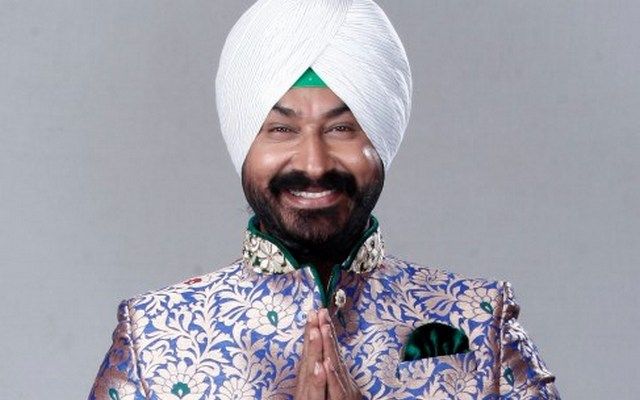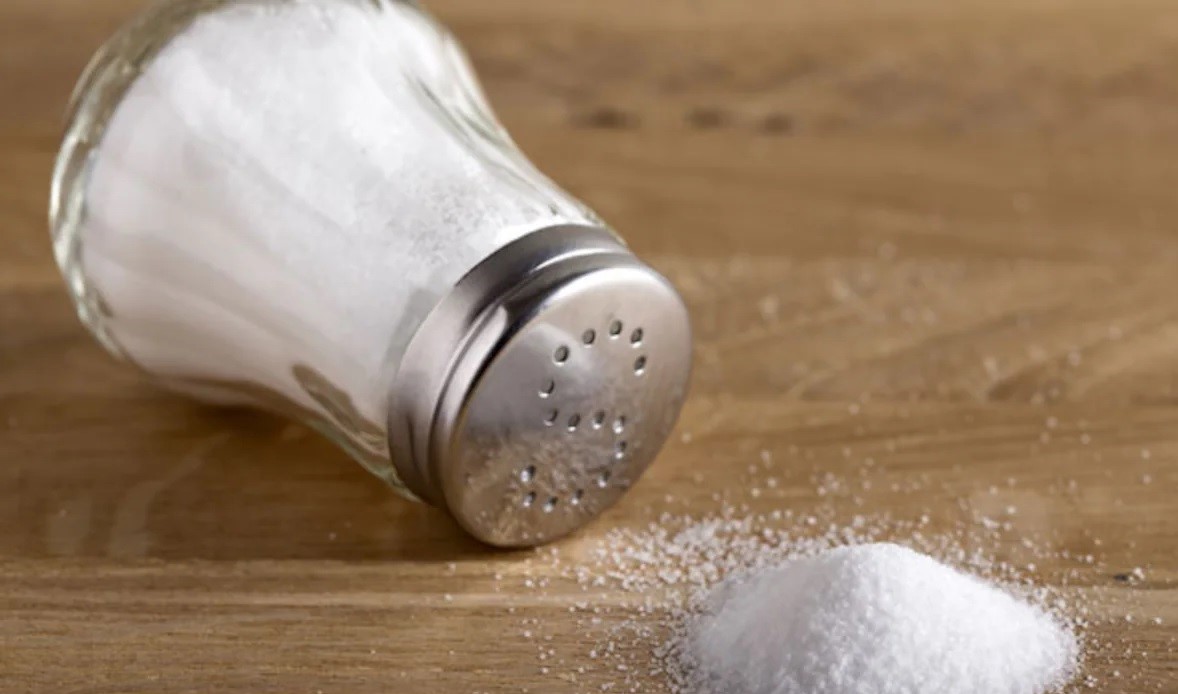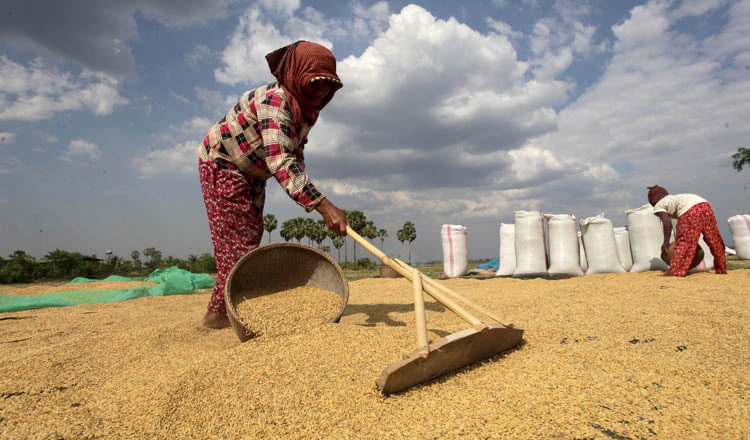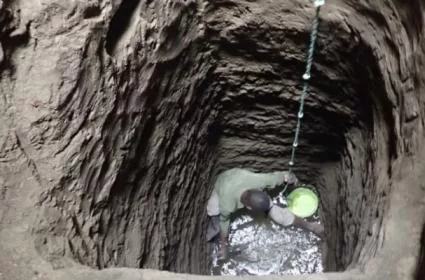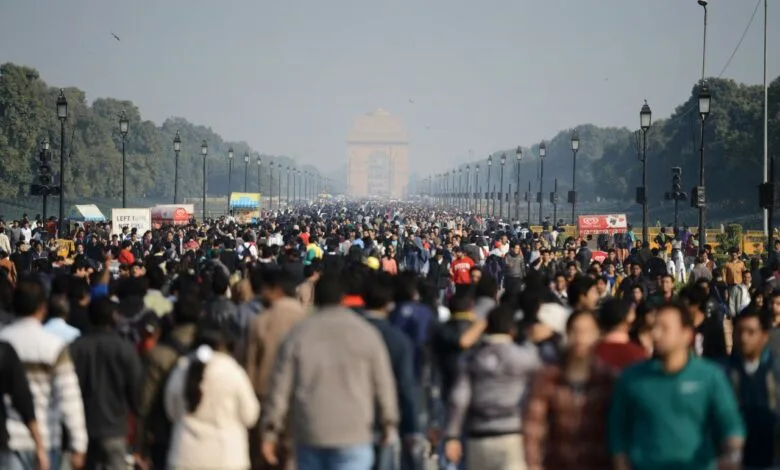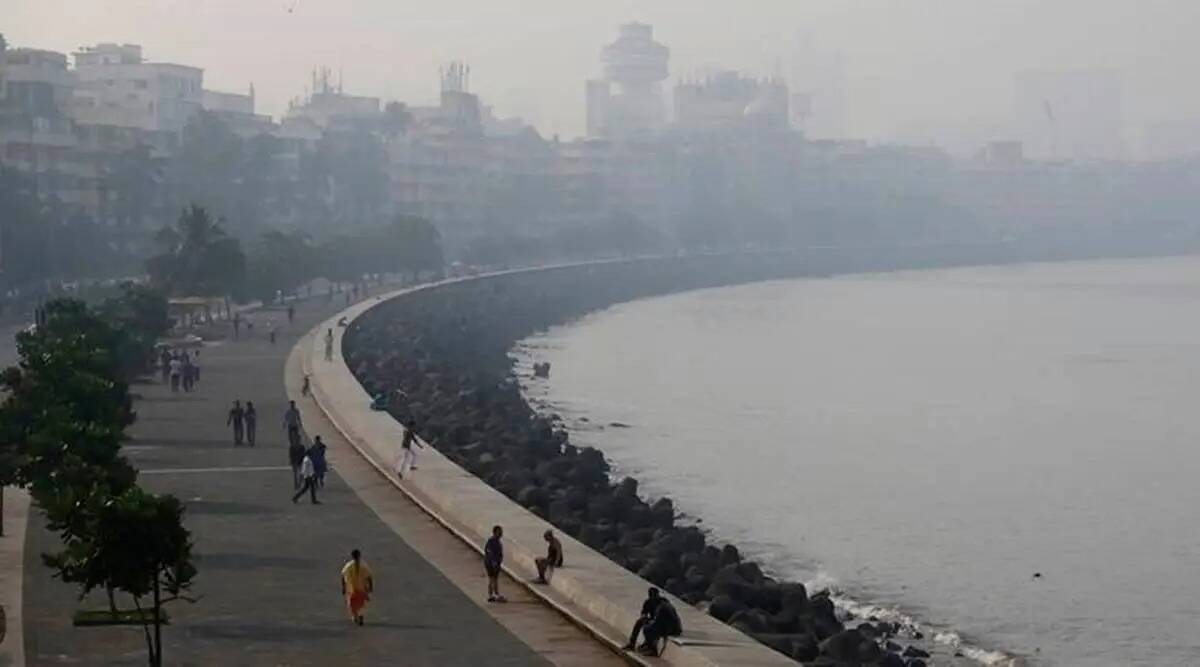
Remarkably, ninety percent of beggars who are detained abroad are Pakistan nationals, which results in overcrowding in host countries’ prisons.
A new problem that the Pakistani government must deal with is nationals posing as beggars abroad, which could damage Pakistan’s reputation internationally. As a result, officials have chosen to revoke the passports of two thousand people who use religious pilgrimages and activities as a pretext for begging. The government has acted decisively in response to this practice, which has garnered international notice.
The Ministry of External Affairs and the Ministry of Interior are working together to complete a coordinated policy that addresses this problem. Their actions follow concerning news from September of last year that more and more Pakistani beggars are being transported overseas. Remarkably, ninety percent of beggars who are detained abroad are Pakistani nationals, which results in overcrowding in host countries’ prisons.
The country has been encouraged to address the issue by Saudi Arabia and Iraq, two countries impacted by the influx of beggars. In 2023, pickpockets discovered at Mecca’s Grand Mosque were linked to Pakistani nationals in a noteworthy event.
Profit Motivation and Unsettling Data
The fundamental causes of begging in Pakistan are explained in a policy study published by the Centre for Business and Society. Profits from begging are frequently higher than those from manual labor, which provides people with a strong incentive to engage in this activity.
44,000 beggars from Saudi Arabia and other nations have reportedly been repatriated to Pakistan during the last 2.5 years, according to recent data. About 38 million people in Pakistan make their living by begging, with an average daily income of PKR 850. It is astounding to learn that donations to beggars amount to Rs 32 billion per day, or almost Rs 117 trillion (equal to $42 billion) yearly.

This dependence on begging, though, has more significant effects. These 38 million people are not producing anything, which adds to the country’s overall inflation rate of 21 percent.
Child Abuse
Begging is a practice that crosses cultural norms, especially for Muslims who visit shrines. Sadly, this has led to the emergence of a “begging mafia” that takes advantage of kids. 2010 saw 3,000 kid disappearances in Karachi alone, demonstrating how serious the problem is.
According to estimates from the Asian Human Rights Commission (AHRC), between 2.5 and 11 percent of Pakistanis resort to begging as a means of subsistence. About 1.2 million kids, ensnared in this cycle of destitution, walk the streets of large cities.
The Ministry of Overseas Pakistanis has proposed that in order to address this situation, beggars involved in this activity should have their Computerized National Identity Card (CNIC) blocked. Senator Engr. Rukhsana Zuberi also stresses the critical necessity for job possibilities.
She supports focused training programs in health-related sectors including midwifery and nursing as well as the creation of an online portal that provides up-to-date information on jobs available overseas. The government’s actions will determine whether the country can successfully eradicate the plague of begging while offering its population alternate avenues as it wrestles with this complicated issue.








































































